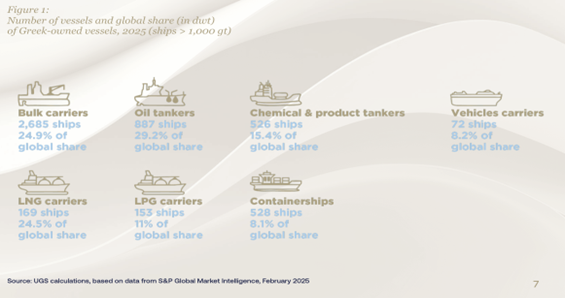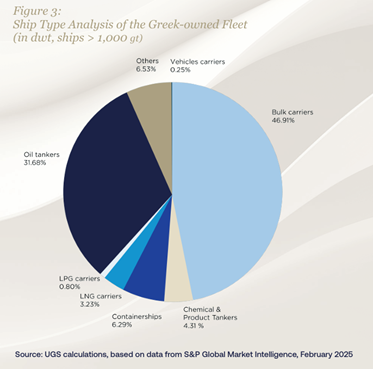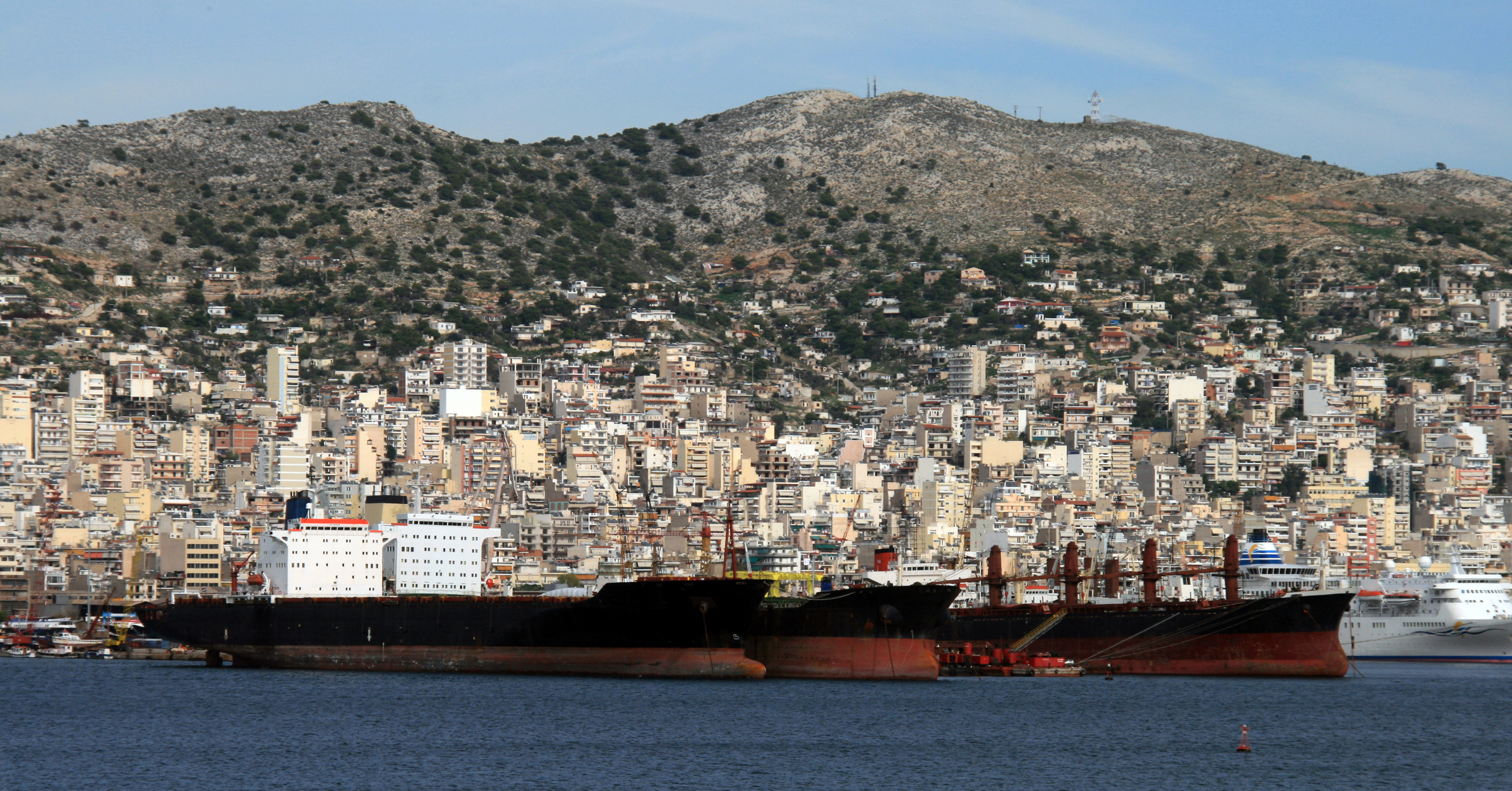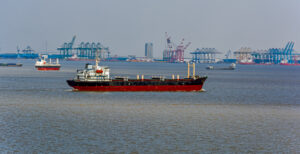The Union of Greek Shipowners (UGS) urges EU to fully transpose the IMO Net-Zero Framework (NZF) in the European regulatory framework if IMO adopts the IMO NZF in October 2025.
“This is to avoid duplicating regulation of GHG emissions for maritime transport and eliminate pertinent regional measures such as the extension to shipping of the EU Emissions Trading System (ETS) and the FuelEU Maritime Regulation,” the Union of Greek Shipowners (UGS) said in its annual report 2024-2025.
“The IMO NZF is not without its drawbacks … on the contrary, it represents serious challenges,” the document reads.
These include, “a complicated GHG Fuel Intensity (GFI) trajectory with unrealistic annual emissions reduction targets and disproportionately high penalties for under-compliant ships in the absence of available alternative fuels.”
Also, critical elements remain undefined, such as the methodology for the rewards for zero or near-zero (ZNZ) fuels and technologies, and the IMO Net-Zero Fund’s governance and disbursement mechanisms.
The report further sets out the UGS’s proposals vis-à-vis major policy developments and challenges for the shipping sector.
Under the current set of proposals, “important transitional fuels, such as LNG, are unfairly treated, thereby undermining significant investments made by the industry, which are essential for enabling its energy transition to decarbonisation.”
“It is also imperative to support all fuels and technologies, including transitional options such as LNG and biofuels,” it said, adding that the shipping industry’s involvement in the governance of the IMO Net-Zero Fund, which is expected to generate substantial annual revenues, is particularly important.
Greek Fleet a Leading Force in International Shipping: UGS 2024-2025 Report
Greek shipping, with 5,691 ships, accounts for around 20% of the global capacity in deadweight tonnes, making Greece the world’s largest shipowning nation, according to the Union of Greek Shipowners (UGS).
The Greek-controlled merchant fleet has shown extensive growth, having increased its capacity by more than 42% since 2015.
Greek shipping is predominantly engaged in the bulk/tramp sector, while also being the largest cross trader in the world. In 2024 alone, Greek vessels called at 176 countries around the globe.
Τhe bulk/tramp sector carries staples, such as food, raw materials and energy products and is itinerant in nature. “This implies that the Greek-controlled fleet has a high degree of flexibility and responsiveness to changing market conditions,” the new report says.

Greek shipowners are constantly increasing their orderbook, currently at 56.2 million dwt, compared to 14.4 million dwt in 2021. During the last 5 years, the number of vessels on order from Greek shipowners has increased by more than 5 times.
The UGS report also claims that Greek shipowners are at the forefront of the sector’s green transition, with continuous and significant investments in new vessels, fitted with even more efficient and climate-friendly technologies.
A recent study found that Greek shipowners reinvest shipping capital in also other sectors, estimated at 1.4-1.5 billion U.S. dollars annually. In particular, an amount equivalent to 15% of the real estate transactions each year in Greece is attributed to shipowners, while significant investments are made in the top business groups in energy, hospitality, media and sports.
The sector’s role in employment is also very prominent, as around 10% of the total private payroll in Greece is related to shipping and it provides around 160,000 jobs (directly and indirectly). These are also jobs of high quality and well-paid, as it is estimated that the average wage in shipping companies is 3 times higher than the private sector wage average in the country.

In her address in the report, the president of the UGS, Melina Travlos, states: “Over the past year, the shipping industry once again navigated waters fraught with economic, environmental, and geopolitical uncertainty, with rising tensions along maritime routes and ongoing threats to freedom of navigation. Yet, in this landscape, Greek shipping honored its responsibility as a leader.
“The UGS fostered cooperation across the maritime sector and beyond, as well as the global dialogue for the adoption of realistic and fit-for-purpose policies, with a composed, clear, and strong voice”.



